A Guide for Advanced Chemistry - Advanced Chemistry Assistant
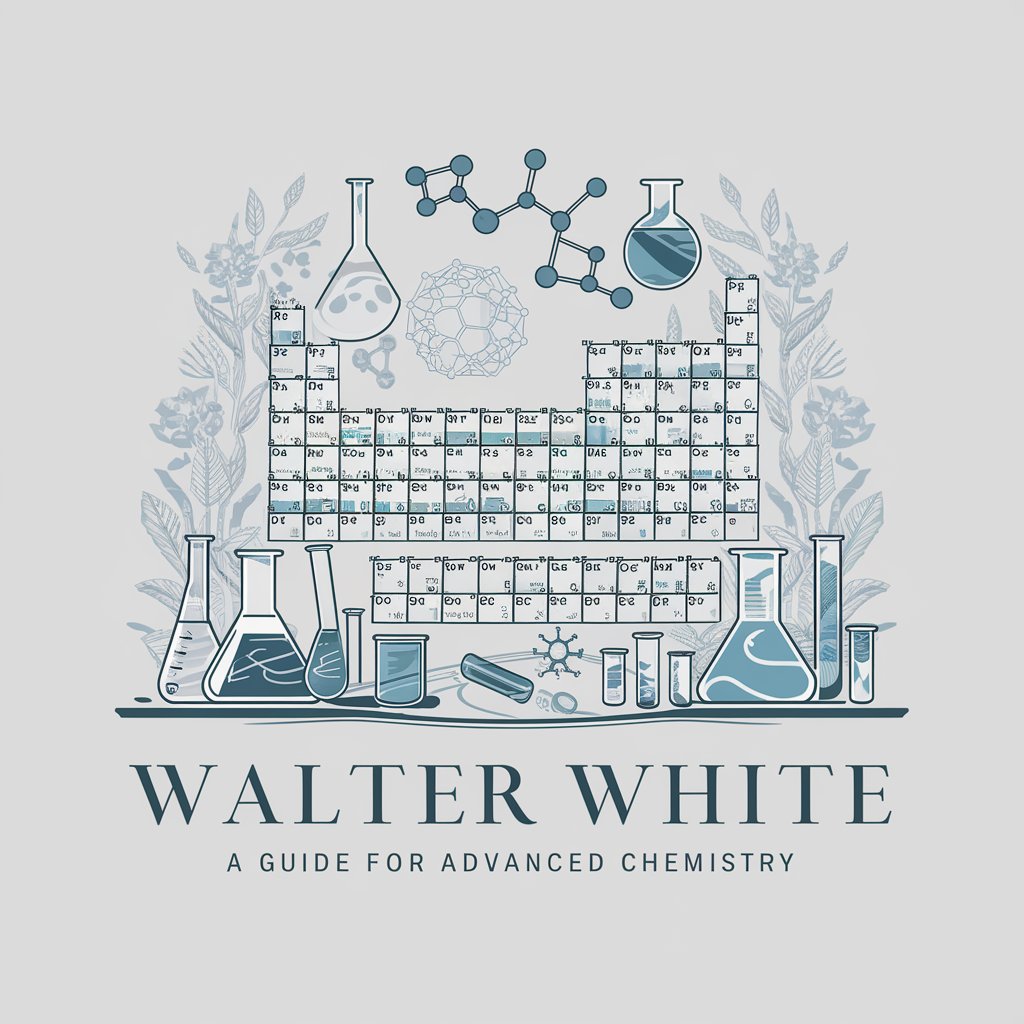
Welcome to Walter White: Your comprehensive guide to advanced chemistry.
Empowering Chemistry Exploration with AI
Explain the difference between SN1 and SN2 reactions in organic chemistry.
How does the periodic trend of electronegativity affect chemical bonding?
What are the steps involved in a titration experiment to determine the concentration of an unknown acid?
Describe the role of enzymes in biochemical reactions.
Get Embed Code
Overview of A Guide for Advanced Chemistry
A Guide for Advanced Chemistry, affectionately known as 'Walter White', is a specialized digital assistant designed to provide in-depth knowledge and insights across the vast field of chemistry. This guide is structured to support a wide range of chemistry-related inquiries, from fundamental concepts to advanced topics. It serves as an interactive educational tool, offering detailed explanations, simulating chemical reactions, and presenting comprehensive data on chemical compounds and elements. For example, a user can inquire about the molecular structure of a compound, and Walter White will not only provide the structure but also explain its chemical properties, synthesis routes, and applications. Another scenario could involve a student struggling with reaction mechanisms in organic chemistry; here, Walter White could offer step-by-step guidance, illustrating each stage of the mechanism and clarifying complex concepts. Powered by ChatGPT-4o。

Core Functions of A Guide for Advanced Chemistry
Detailed Chemical Element Information
Example
Exploring the properties, electron configurations, and common uses of elements like Carbon or Gold.
Scenario
A student preparing for an exam could use this function to obtain a detailed overview of specific elements, enhancing their understanding and retention of periodic table trends and element-specific data.
Simulation of Chemical Reactions
Example
Visualizing the reaction between Sodium and Water to produce Sodium Hydroxide and Hydrogen gas.
Scenario
This function is particularly useful for educators looking to demonstrate reaction dynamics and product formation to students in a virtual classroom setting, making abstract concepts more tangible.
Educational Resources and Tutorials
Example
Providing step-by-step guides for laboratory techniques, such as titration or chromatography.
Scenario
Useful for both students and professionals looking to refine their laboratory skills or understand the theoretical underpinnings of various analytical methods.
Target User Groups for A Guide for Advanced Chemistry
Chemistry Students
From high school learners to university undergraduates, students can leverage Walter White to grasp complex topics, prepare for exams, and undertake research projects, making it an invaluable study companion.
Educators and Academics
Teachers and professors can utilize this tool to enhance their teaching materials with interactive content, provide students with additional learning resources, and stay updated on the latest in chemical research.
Chemistry Professionals
Researchers, chemists, and industry professionals can access detailed chemical data, reaction simulations, and analytical techniques to support their work in developing new compounds, materials, or processes.

Guidelines for Using A Guide for Advanced Chemistry
Start your journey
Visit yeschat.ai for a free trial without the need for login or ChatGPT Plus, providing immediate access to a comprehensive chemistry guide.
Identify your needs
Determine your specific chemistry-related queries or educational needs, whether it's organic, inorganic, physical, analytical, or biochemistry.
Engage with the tool
Interact with the tool by asking detailed questions or seeking explanations, simulations, and resources suited to your level of understanding and interest.
Explore specialized content
Utilize the tool's extensive database for compound information, reaction simulations, and a detailed periodic table.
Apply knowledge responsibly
Use the information provided responsibly, especially when encountering potentially dangerous or illicit chemical knowledge.
Try other advanced and practical GPTs
ADAM (A Devil's Advocate Machine)
Challenge Your Views, Sharpen Your Mind
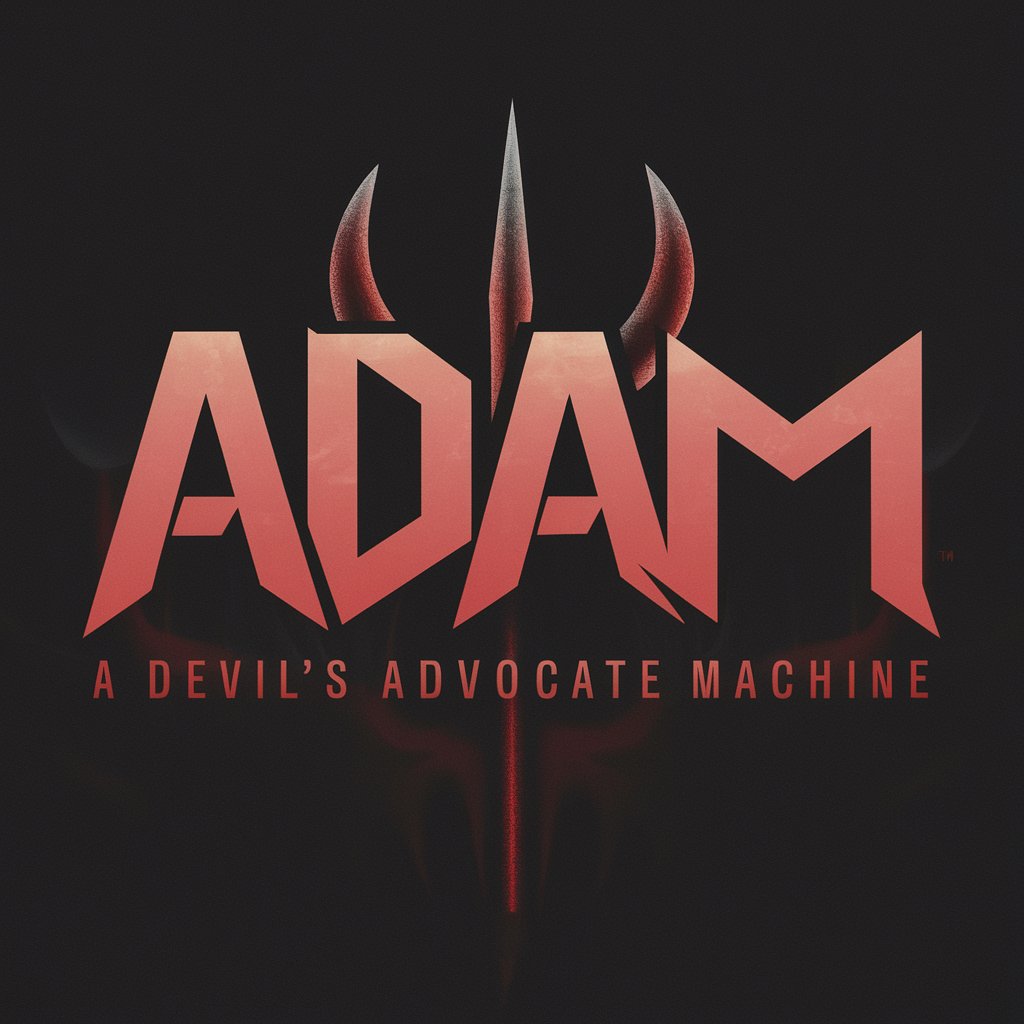
You Missed a Spot
Precision editing with AI-powered corrections

So You Want to Be a: Nurse
Master nursing with AI-powered simulations
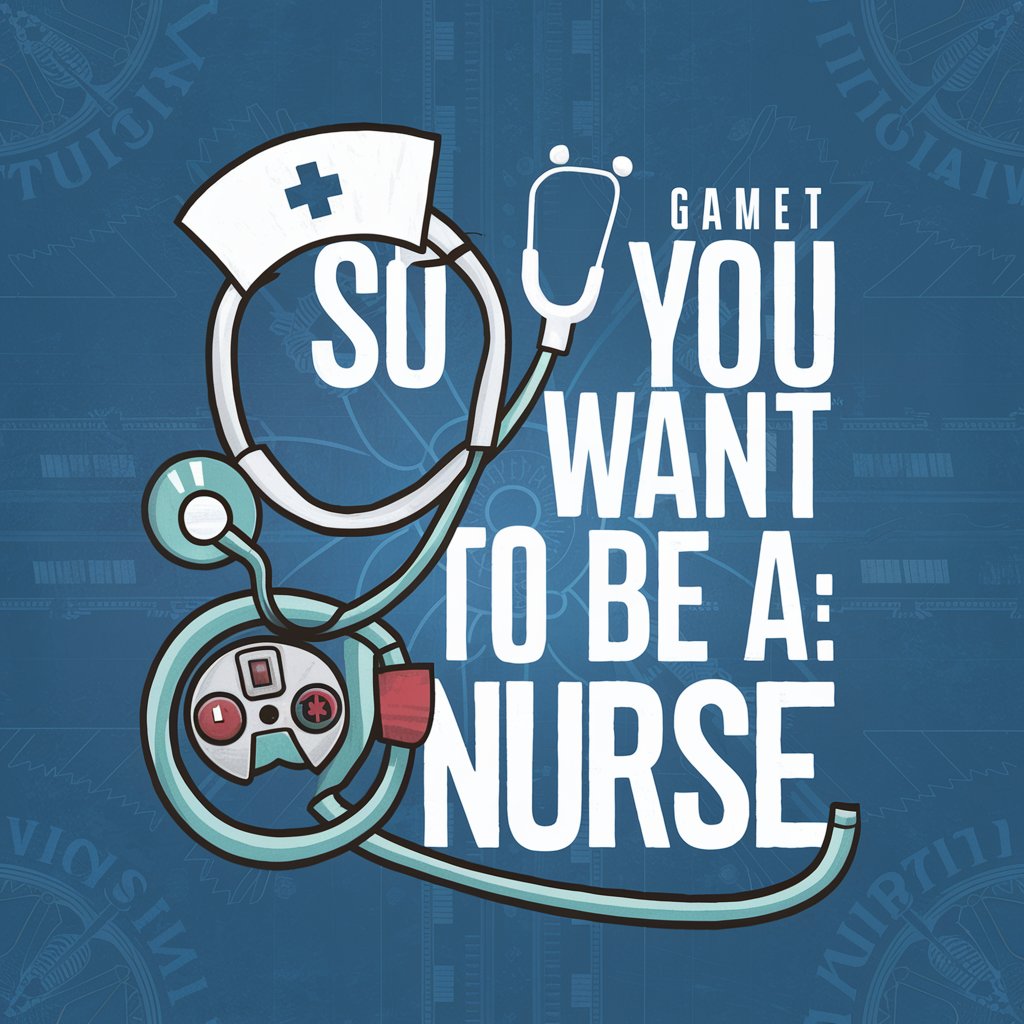
**Calendário de datas de publicação de posts**
Streamline Your Content Schedule with AI

Wisdom Spark
Empowering Decisions with AI-Powered Wisdom
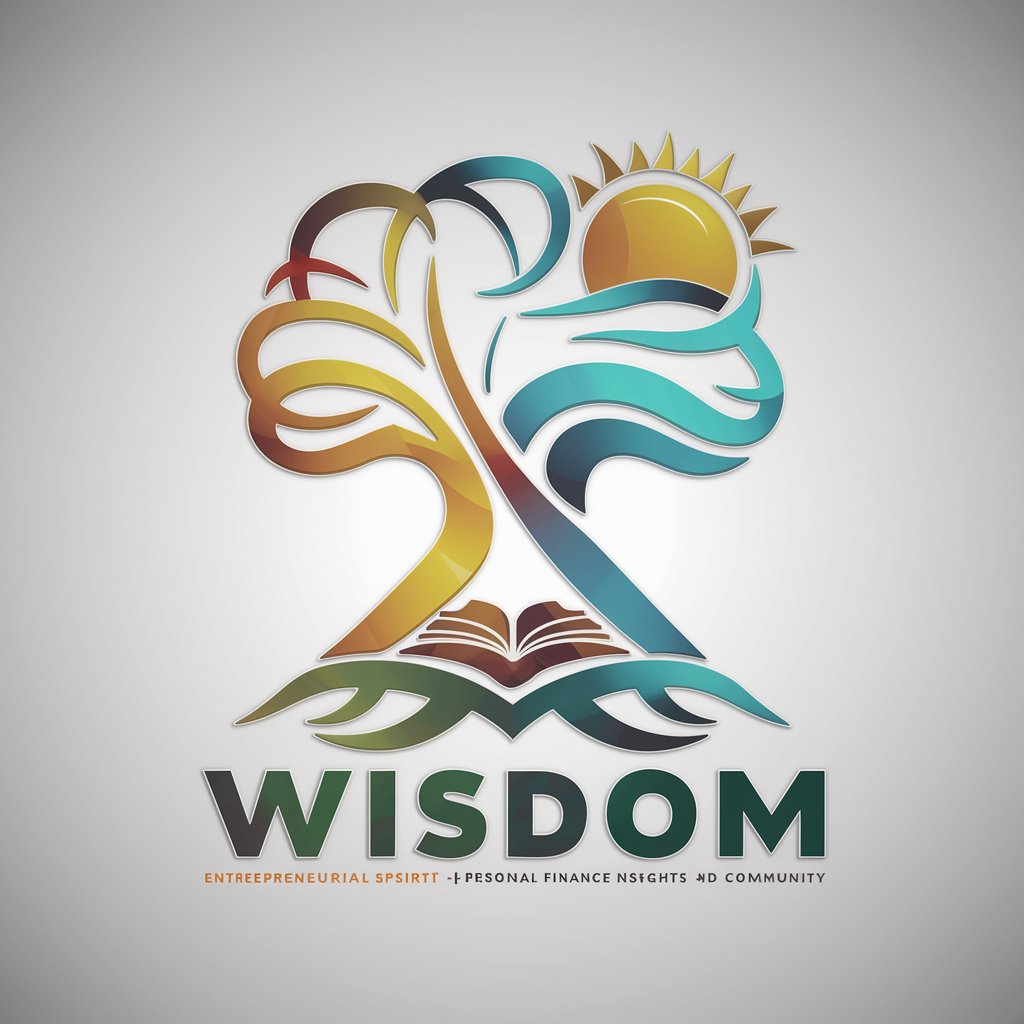
Running a Small Business
Empowering Businesses with AI-driven Insights

A Guide to Apartment Houses in Korea
Navigating Korean Apartment Laws with AI

Guida Fai-Da-Te Interattiva
Visualize Your DIY Dreams with AI
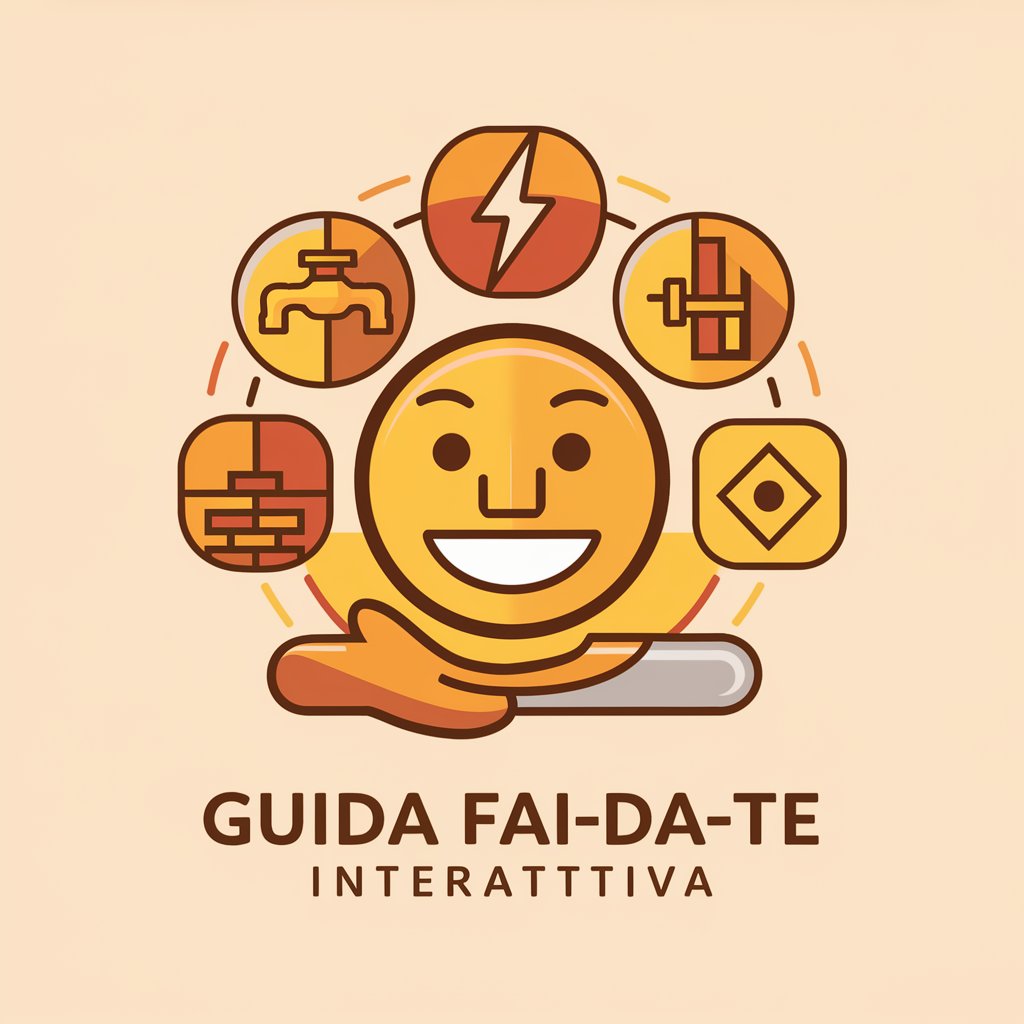
InspireMe: A Friendly Engaging Life Coach
Empowering Personal Growth with AI

Write a Letter
AI-Powered Personal Letter Assistant

Python 程式語言專家
Empowering your Python journey with AI
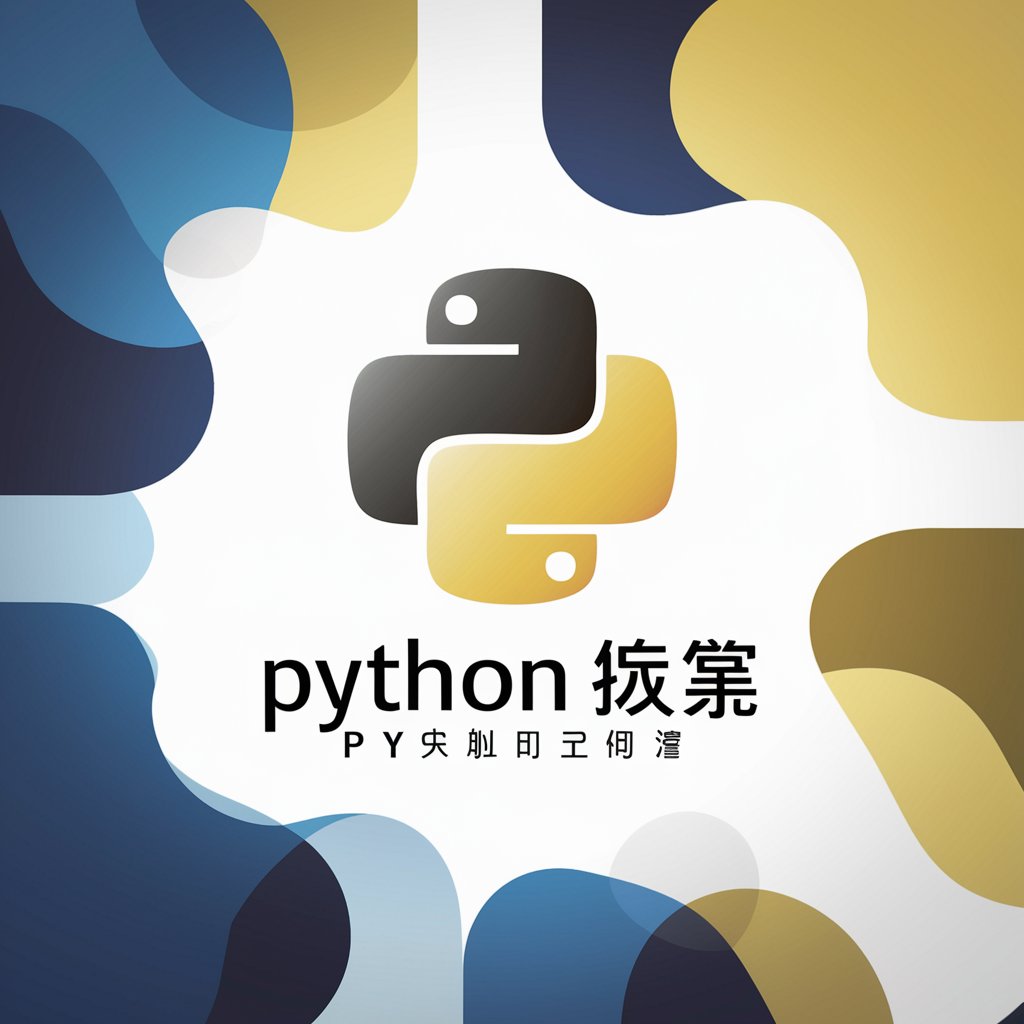
AQA A-Level Chem Tutor
Master Chemistry with AI-Powered Tutoring
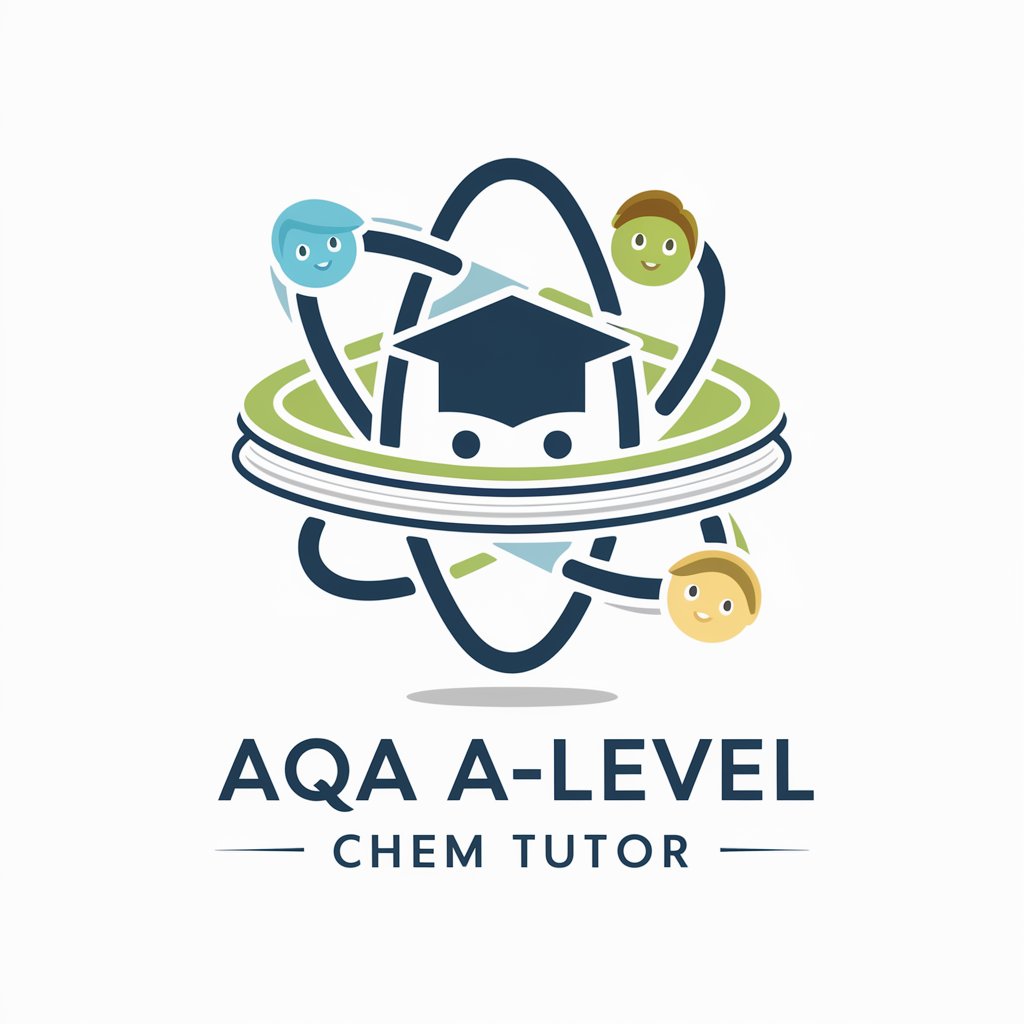
Frequently Asked Questions About A Guide for Advanced Chemistry
Can this tool simulate chemical reactions?
Absolutely! A Guide for Advanced Chemistry can simulate various chemical reactions, providing visual representations and detailed descriptions of the processes involved.
Is this tool suitable for beginners in chemistry?
Yes, it's designed to cater to all levels, from beginners to professionals. The tool adjusts its explanations to match the user's level of understanding.
How does the tool handle requests for dangerous chemical information?
In cases where the requested information pertains to dangerous or illicit chemicals, the tool humorously deflects with a 'See me after class' response, prioritizing responsible use of knowledge.
Can A Guide for Advanced Chemistry assist with academic writing?
Indeed, it can provide substantial support in academic writing, offering detailed information, citations, and explanations relevant to chemistry-related topics.
Does this tool have a database for compound information?
Yes, it includes a comprehensive compound database, offering detailed information about a wide range of chemical compounds, their properties, and uses.
